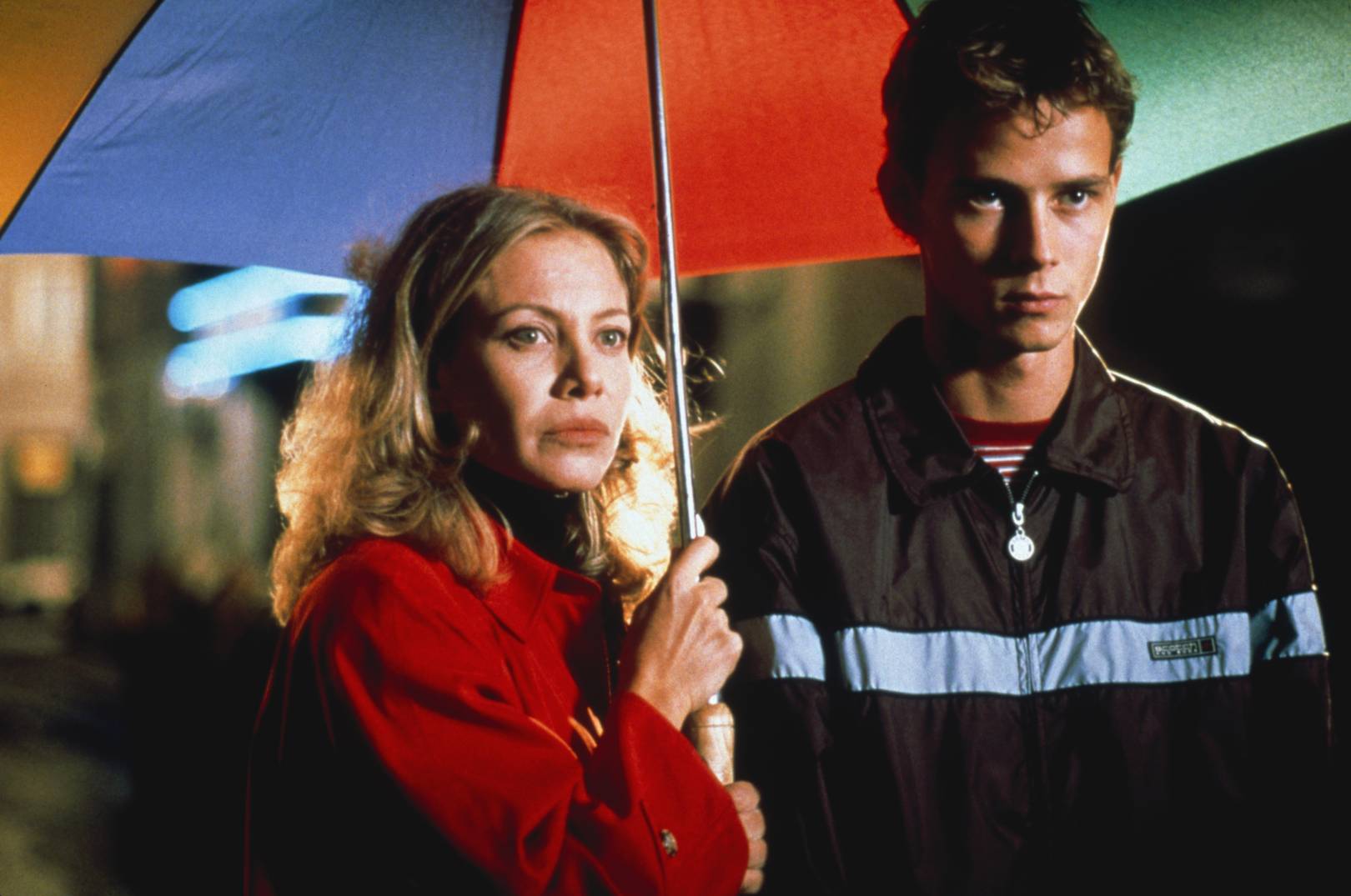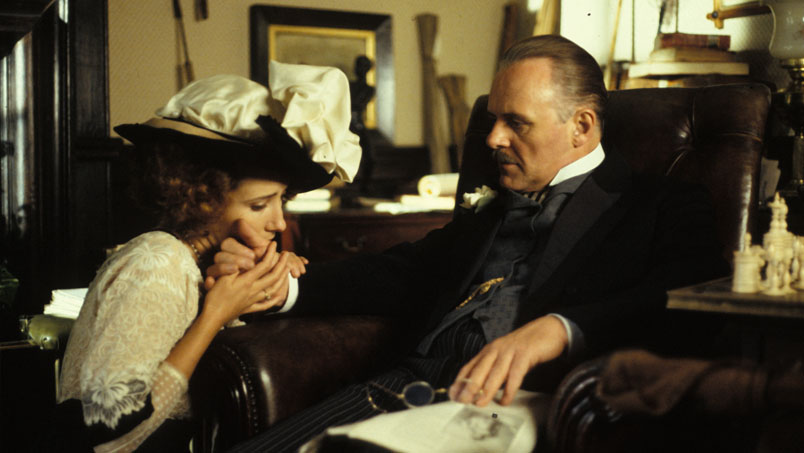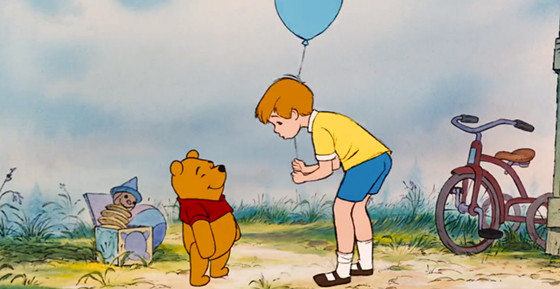5. Pedro Almodóvar (foreign language film/original screenplay)

It might seem cheap to have Almodóvar here, when I made a big stink about not honouring directors that also won for best picture or screenplay. However, I’d like to point out two things. Firstly, Almodóvar isn’t just anybody, and he is arguably one of the finest filmmakers of our generation. Secondly, let’s place biases aside and recognize that he won best original screenplay for a foreign language film (Talk to Her), which is an absolute rarity in the history of the Academy Awards.
A number of years earlier, he won Best Foreign Language Film for All About My Mother, which was arguably one of his biggest breakthroughs of his early-ish career. That’s impressive enough. Then you see how groundbreaking these films actually are. All About My Mother was highly progressive with its female empowerment, and depiction of queer culture. Talk to Her has an exceptionally risky premise for a film that won such a high profile Academy Award. Only a master can pull this off.
4. Alfonso Cuarón (director/editing)

Sure, the perfectionist director Alfonso Cuarón made it here. He didn’t win Best Picture for Gravity despite winning Best Director that year (that award went to 12 Years A Slave). Why wouldn’t he win for his filmmaking? Gravity, while debatable on the story and scientific accuracy, is a choreographed marvel to witness. He had to have been in sync with the crew of the film to pull this off. He was very tight with editor Mark Sanger, who helped make a good chunk of the film seem like one long take. Actually, he was extremely tight with the editor, so much so that Cuarón is actually credited with being a main editor on the film.
That should come as no surprise, given that Cuarón is leading the pack to win Best Director again this Academy Awards season for Roma. However, he is also predicted to win in the Best Cinematography category (the first director to win both if he does), and his placing on this list will only get stronger.
3. Emma Thompson (actress/adapted screenplay)

Dame Emma Thompson is so high up here, because her second Academy Award win is so surprising for those that weren’t in the know. Naturally, Thompson won an Academy Award for Best Actress in Sense and Sensibility (Ang Lee’s big North American breakthrough); except she straight up didn’t. She starred in the film, and did indeed win an Academy Award for the film. However, she won for Best Adapted Screenplay of the classic Jane Austen text, and she was the sole writer credited as well (meaning a good chunk of the film’s success is because of her).
But she won Best Actress right? She sure did, for another period piece drama: James Ivory’s adaptation of E.M. Forster’s Howards End (adapted by Ruth Prawer Jhabvala). If all of this prominence in early ‘90s cinema didn’t put Thompson on the map, nothing would. Luckily it did, and she has been vital ever since.
2. Fred Zinnemann (director/short subject/documentary short subject)

Fred Zinnemann is a cinematic legend. Of course he has won best director twice; naturally, this was for the two Best Picture films he helmed (From Here to Eternity, and A Man For All Seasons over a decade later). However, I bet you didn’t know that he has two drastically different Oscars under his belt. His very first Academy Award had nothing to do with his well-known classics that were just mentioned.
Way back in 1938, he won for Best Short Subject, One-Reel (back when live action shorts were differentiated between their length in reels) for That Mothers Might Live. Many years later in 1951, he then went on to win an Academy Award for Best Documentary Short Subject for Benjy.
Oddly enough, both of these wins were before his major Best Director wins; they were also before his snubbing for 1952’s spectacular High Noon. Then again, it was no secret that Zinnemann – as prolific as he was – had a handle on the medium.
1. Walt Disney (animated short/live action short/documentary short/documentary)

This number one spot is almost cheating. Honestly, who else could be here though? Walt Disney himself won the record for most Academy Award wins ever, with twenty two bleeding titles. His very first involvement in an Academy Award win was for the Best Animated Short film Flowers and Trees; he had twelve wins in the category, including one posthumous honour for Winnie the Pooh and the Blustery Day.
The next category he dominated was the Best Short Subject, Two-Reel category (called Best Live Action Short now) for Seal Island (despite being a documentary), first winning for Seal Island. In fact, all of the live action shorts Disney won for are documentary-like in nature.
This is peculiar, because Disney won in actual documentary categories as well, including documentary short (The Alaskan Eskimo), and even for Documentary Feature (The Living Desert). Had Mary Poppins won Best Picture, that would have been a fifth category that Disney would have had a hand in. It was always a Disney sensibility to try and incorporate everything into Disney’s universe, it seems.